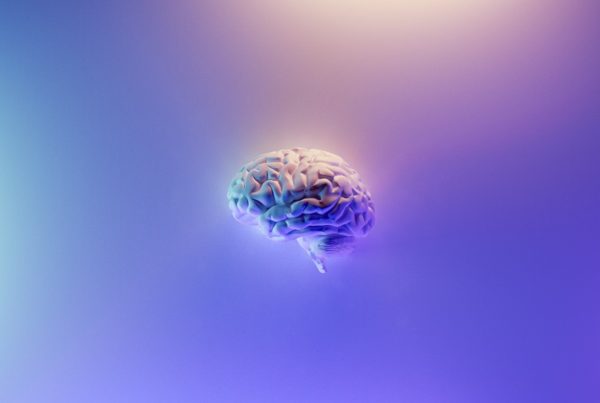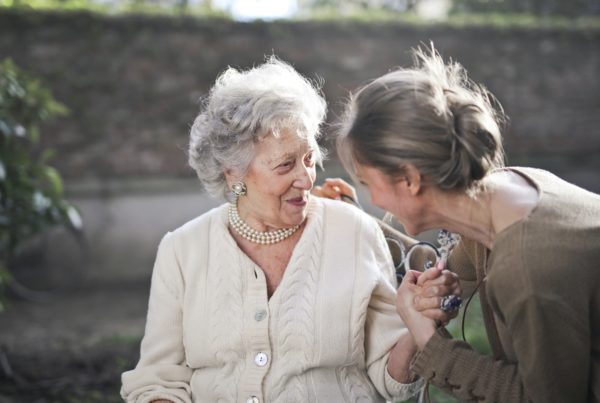Spinal injuries can often cause permanent changes in sensation, strength and other functions below the site of injury/pain. There is currently no ‘cure’ for spinal cord injuries, so it is important to recognise the symptoms and signs as quickly as possible to avoid further damage.
The spinal cord sends messages from the brain to parts of the body and vice versa. This is how we are able to feel sensations and pain in our limbs. If somebody injures their spine, they may not be able to receive messages from the body or send messages from the brain because they are unable to get through. Extreme spinal injuries can cause the person to be paralysed at the point of injury.
Spinal injuries usually occur in violent, unpredictable events such as electrical incidents, a fall from a significant height, head/neck injuries in sport, car accidents, stabbing/gunshot to the spine or neck and severe twisting of the torso, impacting the middle of the spine.
Spinal injuries of any type may result in one or more of the following symptoms or signs:
- Loss of bladder or bowel control
- Loss of movement in limbs and body
- Altered sensation or loss of sensation including the ability to feel cold or heat to the touch
- Exaggerated reflex spasms
- Intense stinging sensation or pain in the spine due to the damaged nerve fibres
- Struggle coughing, breathing and clearing lungs
- Bruising/tenderness on the skin covering the spine
- Unusual twist or shape in the normal curve of the spine
As well as the symptoms above, emergency symptoms and signs after an accident can also include:
- Numbness, loss of sensation and tingling in fingers, hands, toes or feet
- Difficulty with walking and balance
- Extreme pain or pressure on the back, head or neck
- Incoordination, paralysis or weakness in any part of the body
How to prevent spinal injury
Unfortunately, spinal injuries don’t always happen immediately and can be harder to spot. If it is not recognised straight away, it can lead to more severe injuries. Paralysis or numbness can occur immediately or gradually in the spinal cord.
To prevent missing a spinal cord injury, just assume that anybody that had had a severe and violent type of injury may also have a spinal injury, especially if they cannot move or are complaining of back pain. Call the ambulance as quickly as you can, stating that you believe they have a spinal injury and support their head making sure they remain completely still. Any movements can cause even further damage.
If the individual has a helmet or headgear on, do not attempt to remove this as it can increase the damage of the injury
To prevent a spinal injury be sure you/the person you are caring for is always wearing a seatbelt whilst in the car, wears proper protection when playing any type of sports and doesn’t dive into water unless it is deep enough and completely free of rocks. Always make sure that you and the person you are caring for always takes steps to prevent falls by fall-proofing the home and being sensible. Read here to find out how to prevent falls around the home.
How we can help
If you, or a loved one, are suffering from the long-term effects of a spinal injury, our expertly trained Healthcare Assistants provide specialist one-to-one support for people with spinal injuries at home. They receive extra training and support from our clinical lead nurses who have the level of skill and experience to support all variations of spinal injuries. Long and short-term care is available which can flex depending on the rehabilitation period required.
Get in touch with us today to explore your options.




